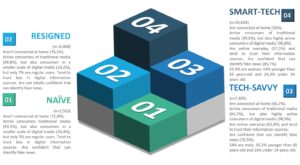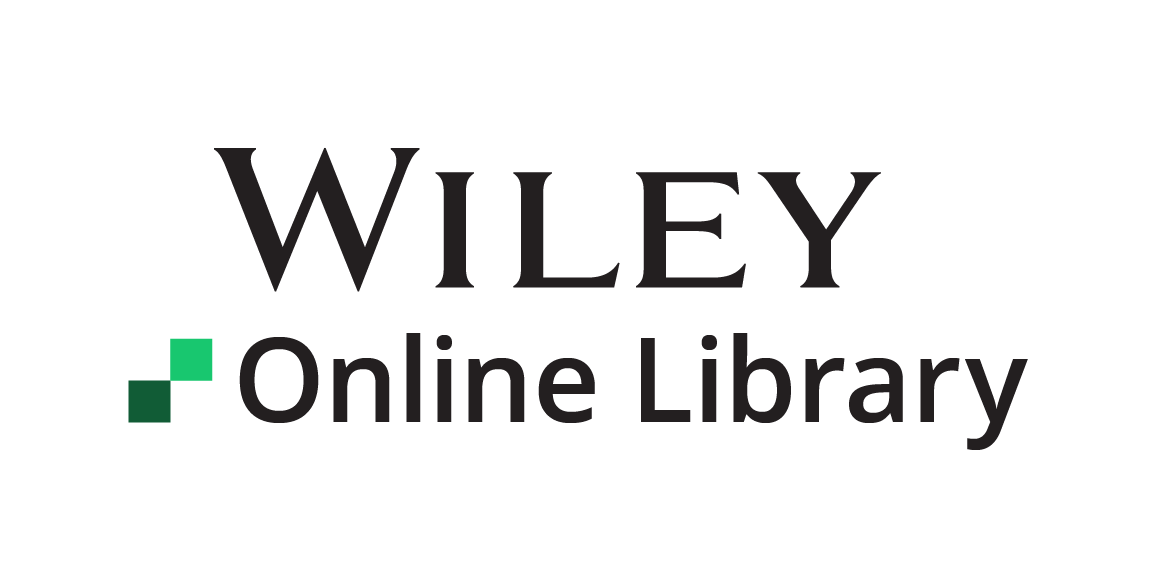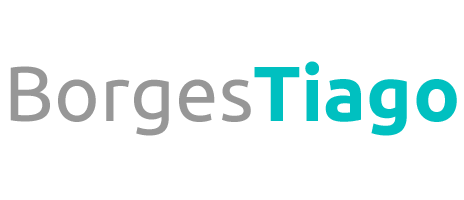02
Mar
2021
No Comment
| Title | Online users’ attitudes toward fake news: Implications for brand management |
| Authors | Teresa Borges‐Tiago, Flavio Tiago, Osvaldo Silva, José Manuel Guaita Martínez, Dolores Botella‐Carrubi |
| Publication date | 2020 |
| Journal | Psychology & Marketing |
| Volume | 37 |
| Issue | 9 |
| Pages | 1171-1184 |
| Publisher | Wiley |

 |
 |
| Abstract: | This study examines brands’ vulnerability to fake news. The rapid spread of online misinformation poses challenges to brand managers, whose brands are cocreated online, sometimes to the detriment of the brand. There is a need to identify the information sources that are likely to be trustworthy and to promote positive consumer attitudes toward brands. The data for this study were taken from a Flash Eurobarometer of 26,576 respondents across 28 European countries. Cluster analysis and partial least squares structural equation modeling were used to analyze the data and unveil users’ attitudes toward fake news. The findings show that users’ attitudes toward fake news differ among European countries. Younger and tech‐savvy users are more likely to recognize fake news and are consequently able to evaluate digital information sources without relying on policy interventions to limit the impact of fake news. Brand managers can use the findings of this study to better understand different kinds of users’ susceptibility to fake news and reshape their social media branding strategies accordingly. It is hoped that this paper will encourage further research on brand management in relation to fake news and promote the widespread adoption of best practices in social media communication. |
| Keywords | Fake news; consumer attitude; trust; online vs. offline; brand management |
| Citation (APA) | Borges‐Tiago, T., Tiago, F., Silva, O., Guaita Martínez, J. M., & Botella‐Carrubi, D. (2020). Online users’ attitudes toward fake news: Implications for brand management. Psychology & Marketing, 37(9), 1171-1184. |
| DOI | 10.1002/mar.21349 |
| Link | https://www.sciencedirect.com/science/article/abs/pii/S0148296318305630 |

